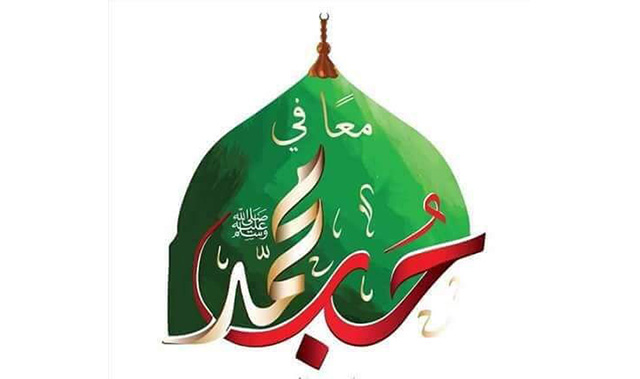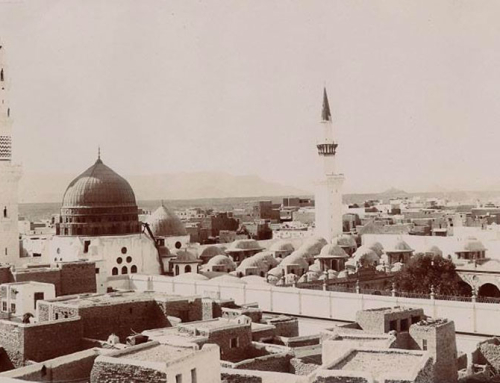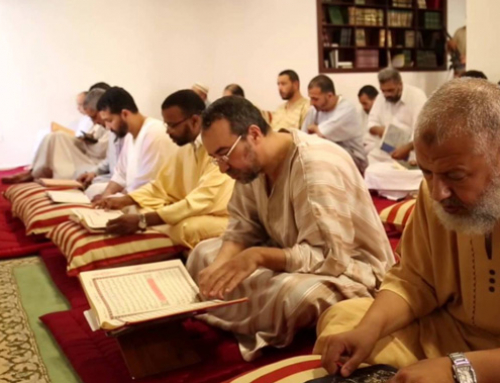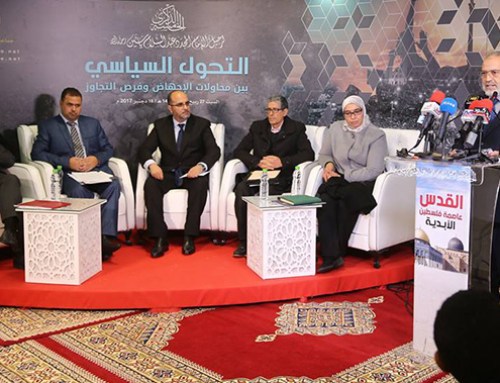Abdessalam Yassine
March 23, 2021
Excerpt from the book: “The Muslim Woman: Journey into the Light, Volume 1“
Translated from the Arabic
The logic of piety in the verse “and are certain of the hereafter” (Q.2:4) and the logic of jihād in the verse “but those who strive has He distinguished” (Q.4:95) mark out the lines of the ascending path. Having been assured by the Book of God (Exalted is He) that we have a duty to boldly tackle this obstacle, let us now look to the Prophetic guidance for a practical way (minhāj).
Our way or method (minhāj) is the Prophetic Sunna, as noted by the Companion ‹Abdullāh Ibn ‹Abbās (God be pleased with both of them). The word minhāj can be found in the following ḥadīth:(1) “The Prophetic Mission shall last amongst you so long as God wills, then He shall remove it when He wills. Then there shall be a khilāfa that runs according to the Prophetic method (‹alā minhāj an-nubuwwa), lasting as long as God wills. Then He shall remove it when He wills to do so. Then there shall be a rapacious monarchy(2)
(mulk‹āḍḍ) which shall last amongst you as long as God wills, and then He shall remove it when He wills to do so. Then there shall be a tyrannical rule (mulk jabrī)” – perhaps a reference to the dictatorships which Muslims currently live under – “which shall last amongst you as long as God wills, after which He shall remove it when He wills to do so. Then there shall be another khilāfa that runs according to the Prophetic method.” [Reported by Imam Aḥmad with a chain of transmission going back to the Companion Ḥudhayfa (God be pleased with him).]
Al-Ḥāfiẓ(3) al-‹Irāqī declared the chain to be sound. Therefore, we must believe that another khilāfa will come to pass, no matter how long it takes, no matter how arduous the path to it.
References
| ↑1 | [Translator’s note:] Ḥadīth (pl. aḥādīth), lit. a saying, is used as a term to denote, individually and collectively, the sayings, actions, and tacit approvals of God’s Messenger (God bless him and grant him peace). The ḥadīth constitutes a textual source for the Sunna, the Prophetic Tradition, which serves as a source of Islamic Law alongside, yet secondary to, the Qur›ān. |
|---|---|
| ↑2 | [Translator’s note:] ‹Āḍḍ, lit. biting, mordacious, meaning a rule in which the rulers are avaricious for power, cling to it and exercise it by any means, however cruel and illegitimate. “Rapacious monarchy” refers to the rule of the dynastic rulers who would come to power after the four rightly-guided Caliphs – Abū Bakr, ‹Umar, ‹Uthmān and ‹Alī (God be pleased with them) and who transformed the system from one in which the caliph was elected by consensus of the leading figures of the umma to hereditary rule whereby the king forcibly commanded the allegiance of the umma. The most enduring of the dynasties who ruled in the heartlands of Islam were the Umayyads, the Abbasids, and the Ottomans. Of course, there were a few pious kings in those dynasties, but that is the exception that proves the rule. |
| ↑3 | [Translator’s note:] A title indicating the highest proficiency in the Islamic sciences, especially ḥadīth. |


















